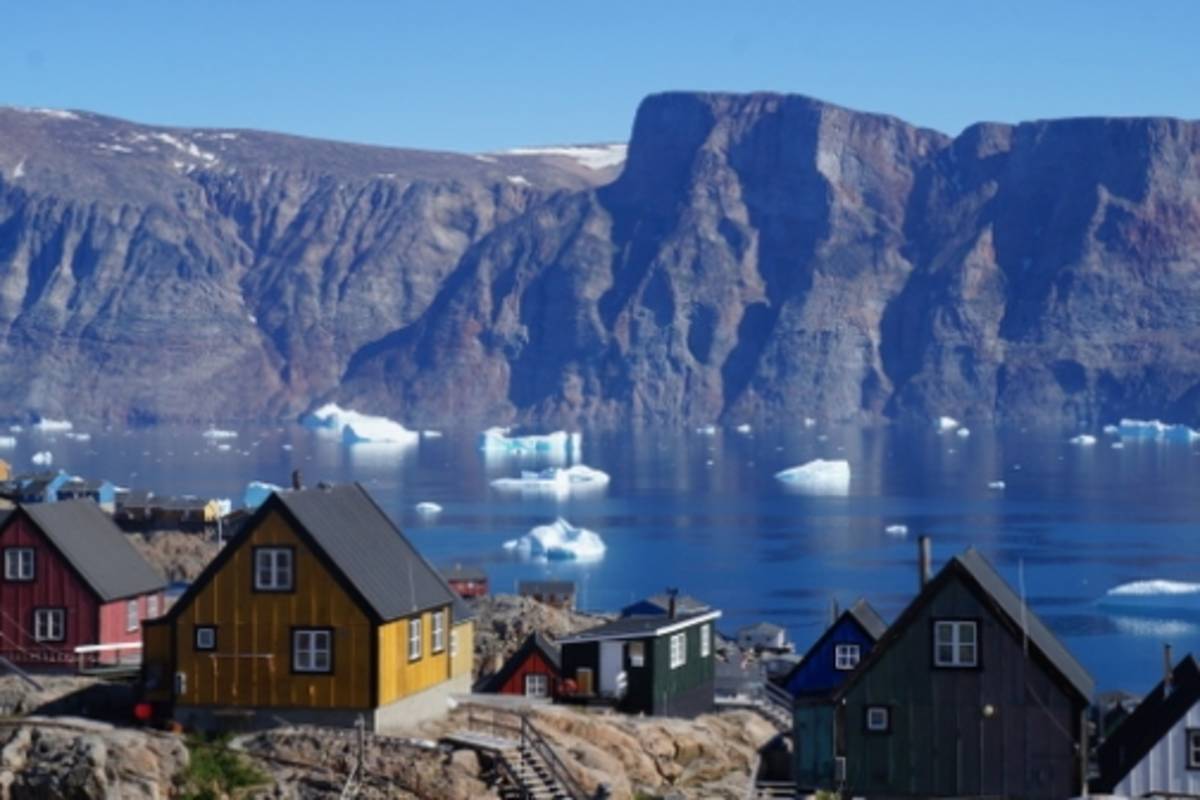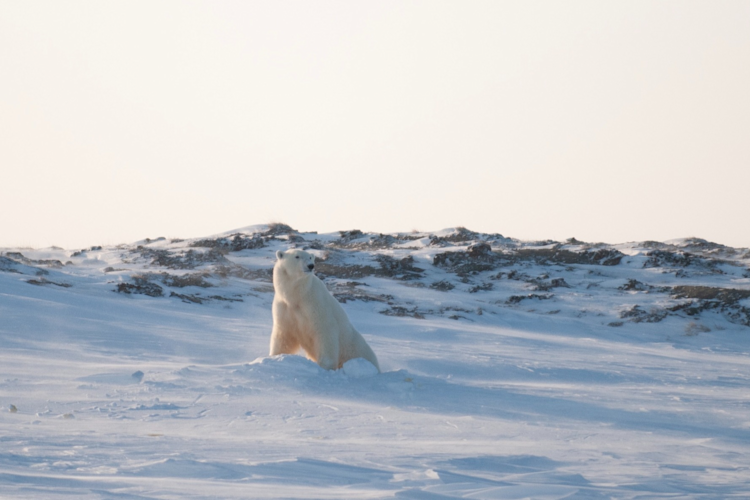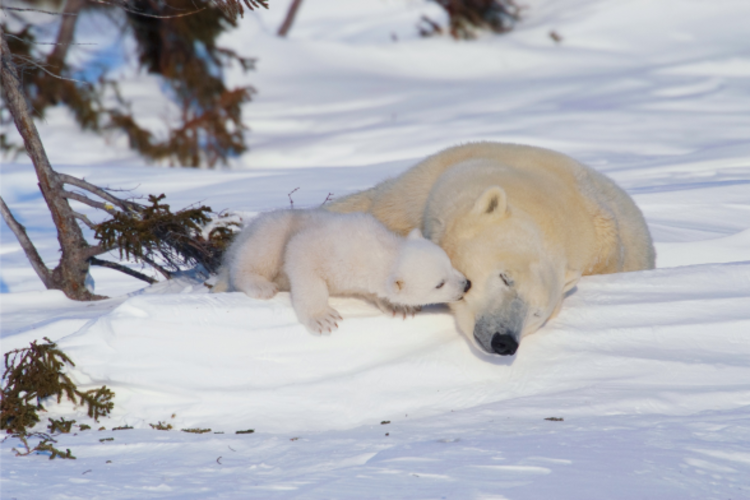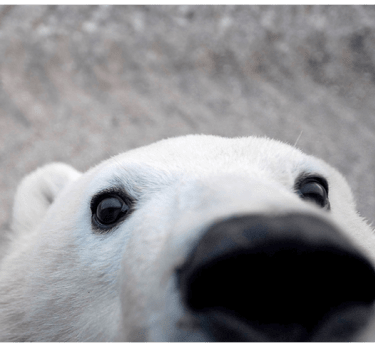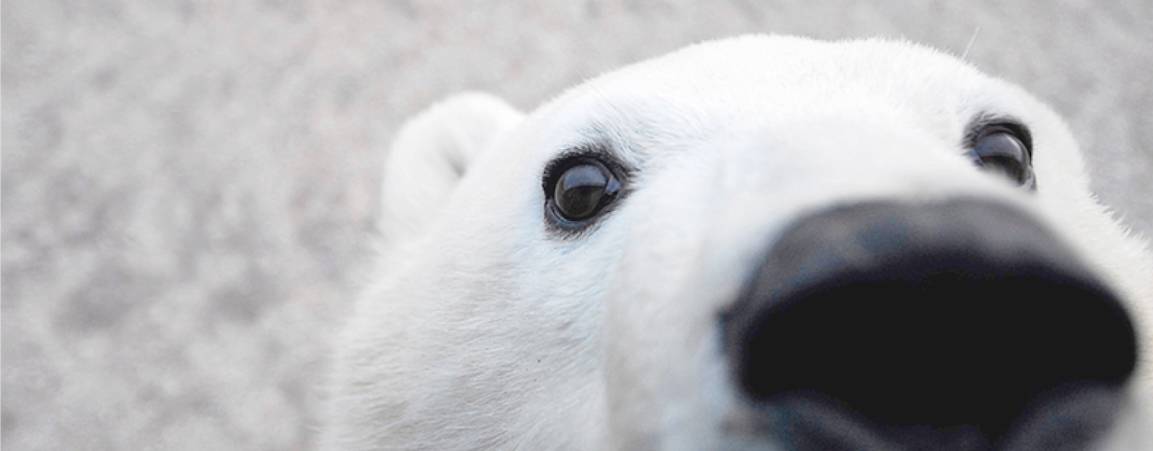Polar Bears International has partnered with the Youth Arctic Coalition and TakingITGlobal to send a delegation to the COP21 climate talks in Paris. This is the first in a series of four blog posts from the talks.
In four days, I'll board a plane for Paris to participate in the COP21 climate negotiations as part of an awesome team from the Youth Arctic Coalition. Most of my fellow YAC members are already on the ground for the talks, which start today.
Before leaving, I'll have the chance to share my story at the University of Ottawa. This will be the first time I've talked to students about the work I've been doing with the YAC and other organizations like Polar Bears International. It will also be the first time that some of my professors hear about the projects that are the reason I miss just a little too much class.
For those 15 minutes, I'll have an entire room of people from my university listening, and I want to give them the answer to one simple question: Why does the Arctic matter?
As a southerner, I can understand that it's sometimes hard for people to attach themselves to the Arctic, and to feel that the changes in this region actually affect them. But as a young person, I've come to notice that the questions we're asking in the Arctic are the questions the entire international community will be asking in coming years.
The Arctic is the barometer of climatic change happening in our world. The very tangible changes taking place there show that the changing climate will bring a whole wide array of new challenges. Annual sea ice retreat is one of the first signs in a changing Arctic. The ice that used to survive the summer months has now melted to almost half its size since 1979, which is threatening the way of life of many Arctic inhabitants—both polar bears and people.
At the same time, melting sea ice is opening the Arctic region to new development. Oil and gas companies, mining companies, and shipping companies have all set their sights on the North. For many communities in the Arctic region, the question of developing industry isn't a question of yes or no, but rather a question of right or wrong.
Communities are already seeing very real impacts from the warming of our planet and are standing up against increased oil exploration in the North. It's crucial to make sure that these communities are at the center of the conversation and that any projects happen with the support from all sides. We also need to take the time to make sure that any project—from resource extraction to new transportation routes—protects the Arctic environment. The Arctic ecosystem is fragile and small accidents can have huge impacts for the sea life, animals, plants, and communities in the area.
Today marks the beginning of the climate negotiations in Paris, and I am still hopeful. In the spirit of this event, I want to remind everyone that the Arctic does matter. My hope for COP21 is that the world leaders take the time to think about how important the Arctic is to the future of our planet. I hope to see a comprehensive international agreement that brings together communities, businesses, and governments to take real action on climate change. It's important that young people get involved in the conversation on climate change, and influence decision-makers that attend events like next week's COP.
As young people, we have an incredible power to share our stories and make sure we're listened to. Together, we can build an Arctic that we'll be proud to pass down to our children, and their children.
As young people, this is our chance to make a difference and change our world.
